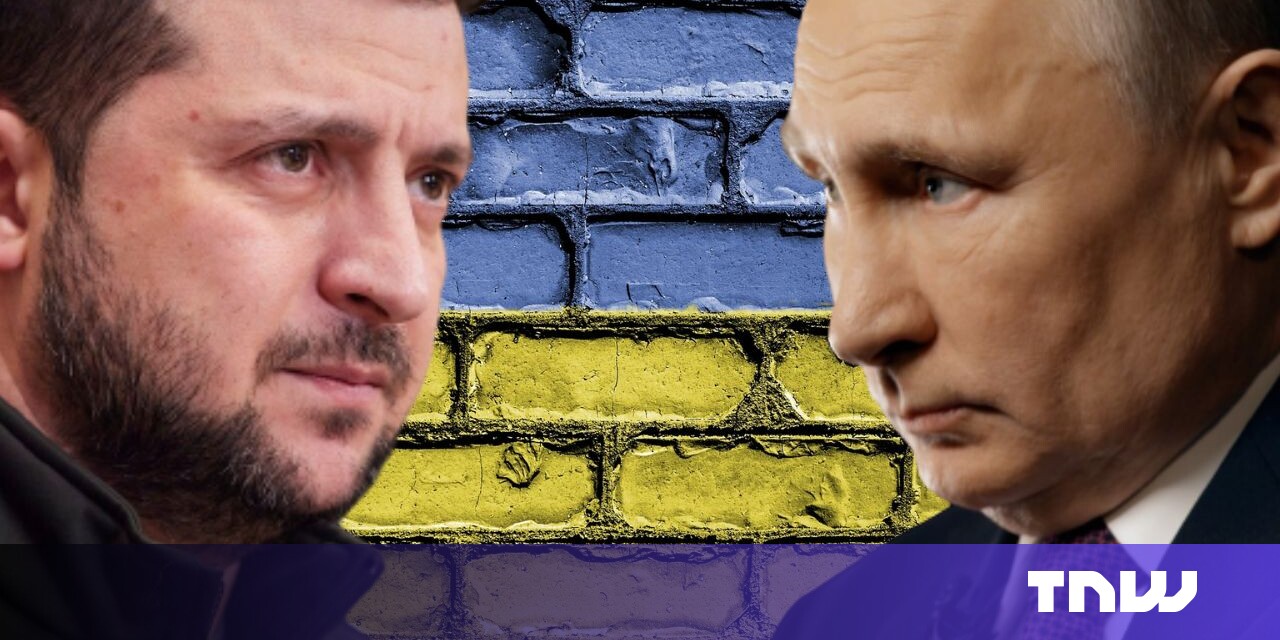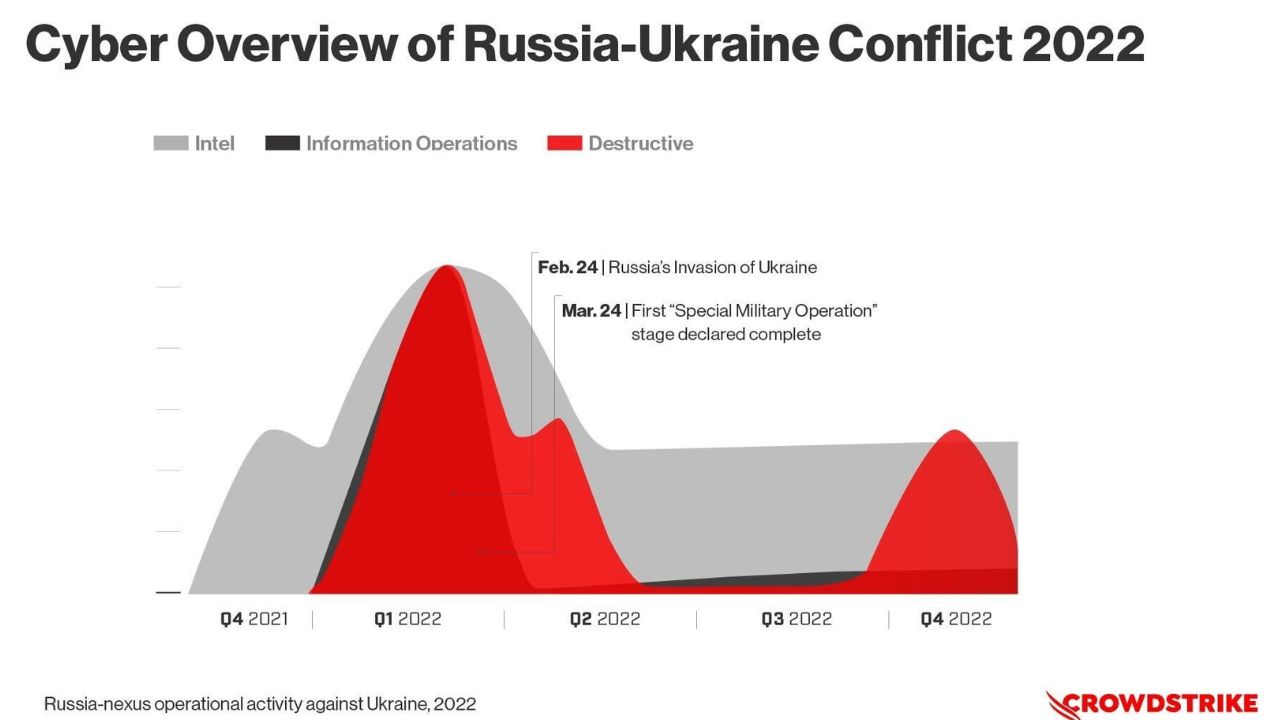Ukraine’s cyber chief on the ever-changing digital war with Russia
Russian hackers have been attacking Ukraine for over a decade, but until the war began, cyberattacks still seemed like something out of a science fiction movie for ordinary Ukrainians. Many had to learn how to safeguard their hardware and their data.
The agency responsible for raising awareness for cybersecurity in society, private businesses, and the government is called Derzhspetszvyazok, or the State Service of Special Communications and Information Protection of Ukraine (SSSCIP).
Its chief, Yurii Shchyhol, faced the difficult task of explaining Russia’s digital threat to Ukrainians and the rest of the world.
His agency also oversees the coordination of all Ukrainian state services responsible for digital security and establishing a relationship with private businesses, which have become a lucrative target for Russian hackers.
One year into the war, his job hasn’t gotten any easier. Russian hackers are continually adapting and enhancing their methods, while also searching for fresh targets, Shchyhol said in an interview with The Record.
And as Ukraine and Russia gear up for expected spring and summer operations, Shchyhol expects Russia to intensify its cyberattacks. His objective now is not only to defend against attacks but also to hold those responsible accountable and bring them to justice.
“This is not a war between soldiers. It’s a war between the aggressor nation and the civilian population. The majority of Russian missiles target innocent civilians, and the same is happening in cyberspace,” Shchyhol said.
In a Zoom interview conducted in Ukrainian, The Record asked him about the current state of cyberwarfare in Ukraine one year after the invasion and his expectations for the near future. The interview has been edited for length and clarity.
The Record: How have Russian cyberattacks on Ukraine changed since the beginning of 2023?
Yurii Shchyhol: Russian cyberattacks on Ukraine are ongoing, but hackers are changing their attack vectors and targets.
In 2023, cyberattacks on Ukrainian commerce, finance, and defense sectors have significantly decreased. Hackers may have lost interest in these areas because they cannot quickly find vulnerabilities there that they can…





